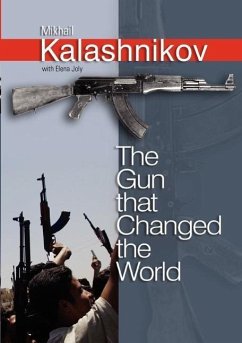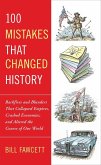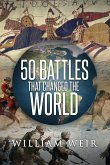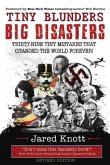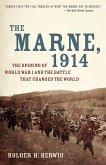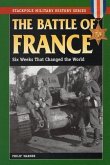The Russian word that is most frequently spoken throughout the world isn't Lenin, gulag or perestroika, it's 'Kalashnikov'. The reason for this is simple: there are 80 million Kalashnikovs in circulation on five continents. Once invented, the AK-47 assault rifle became the most widely used weapon in the world: from Vietnam to Palestine, from Cuba to Iraq, it was at the heart of conflicts and struggles everywhere. It is the only firearm that has ever been depicted on a national flag - that of Mozambique, where it symbolizes liberation. Mikhail Kalashnikov himself, who was born in 1919, here tells his life story, with the help of Elena Joly, for the first time: his deportation to Siberia with his family while still a child; his time as a soldier in a tank regiment; his invention of the world's most famous weapon and his turbulent life under Stalin, Khrushchev, Brezhnev, Gorbachev and Yeltsin. This is a remarkable portrait of a man of ingenuity and vitality in the context of the often frightening and terribly unforgiving Russia of the twentieth century.

